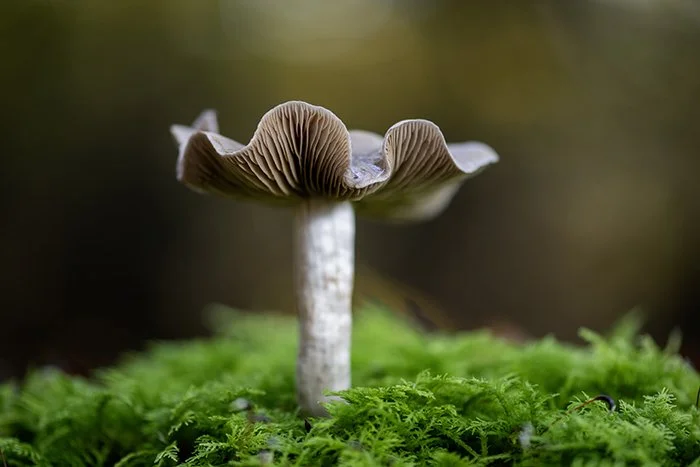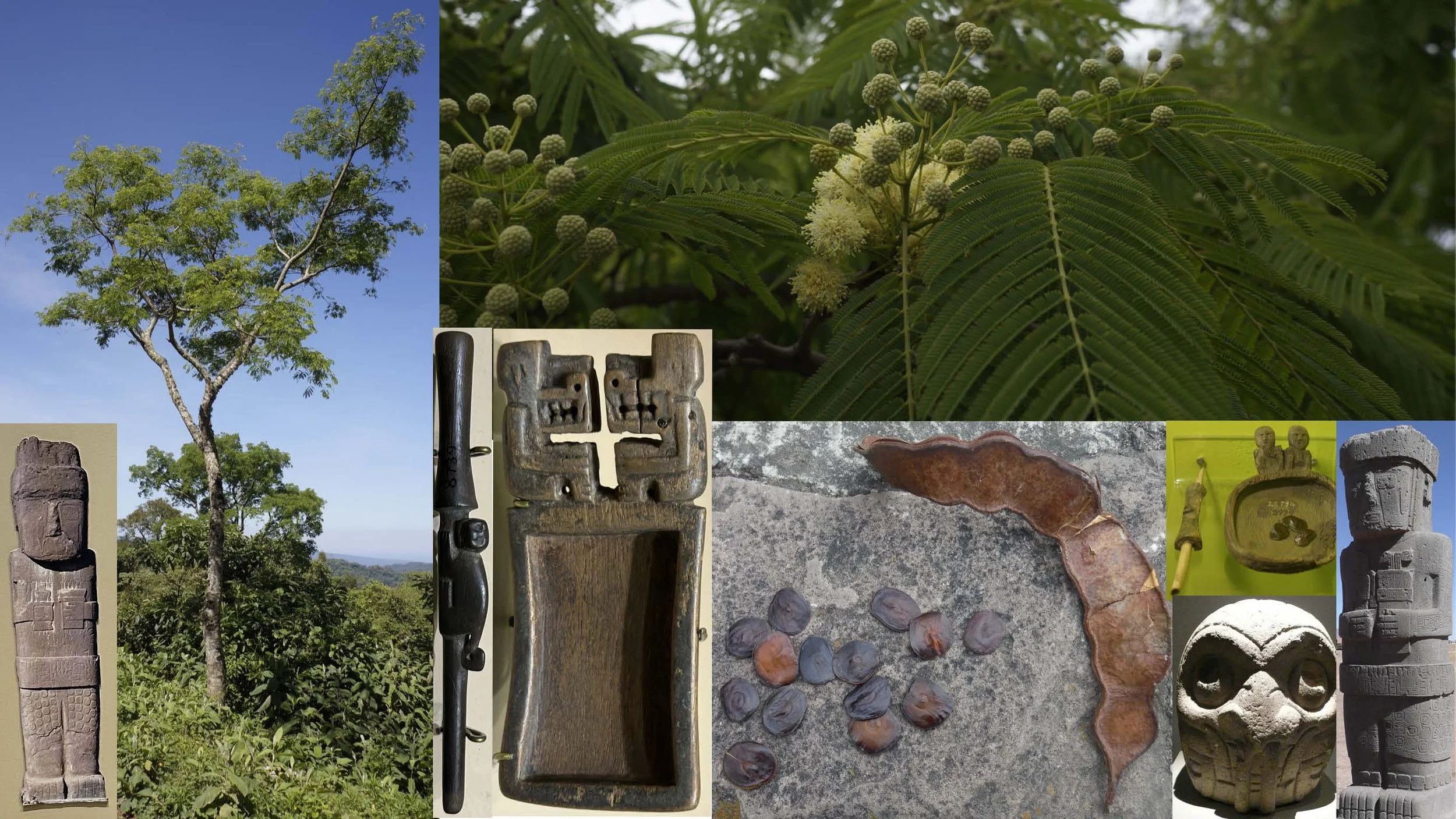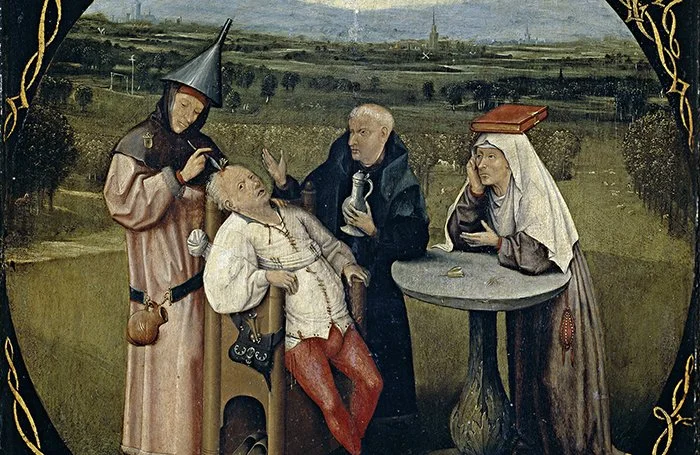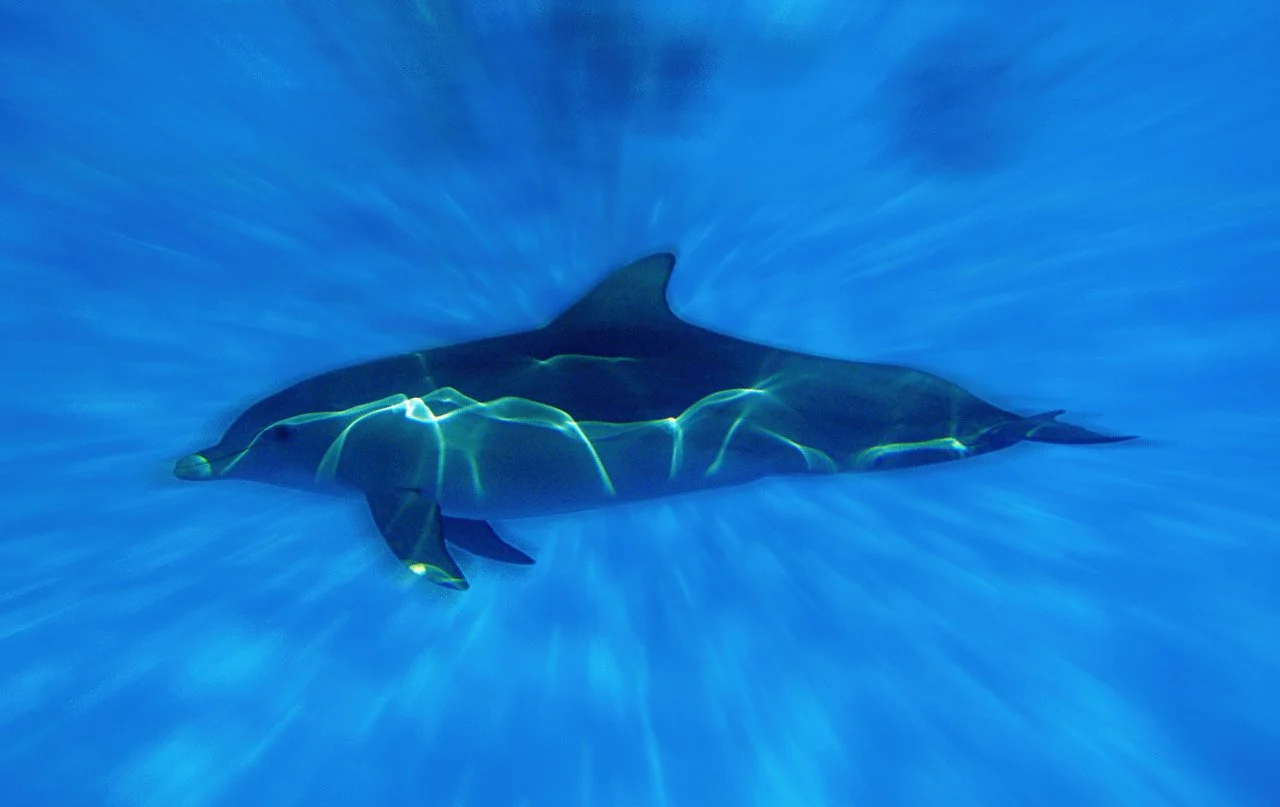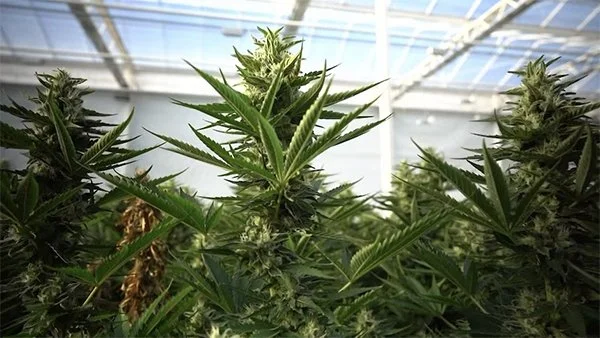
2025 Garden States Presentations
More to be announced soon!
The Art of Mescaline
Mike Jay
In the modern west, the dazzling visions generated by mescaline laid the foundations for psychedelic art. In non-western cultures, the mescaline-containing cacti have generated their own distinctive visual traditions.
Using rarely seen images, Mike Jay surveys the long history of mescaline-related art: from the Huichol of tribal Mexico to the Native American Church, from surrealism and the avant-garde to the emergence of modern psychedelic tropes in the 1950s. In the process he considers what we mean by psychedelic art, and how it relates to the experience that underlies it.
The Long, Winding Road of Psychedelic Species and the Human Quest
Kathleen Harrison
In the Big Picture, the fungi came first, and then the plants evolved, with their magnificent chemistry. Much later, we humans wove ourselves into their story. First tribal, then regional, and now global. We can look at this very long flow from distant past to far future, and consider where are we now.
This presenter’s talk will be delivered remotely via live stream or pre-recording.
The Yagé Complex: Vines Used in the Ayahuasca Brew
Neil Logan
This talk explores the evolutionary, geographic, and cultural origins of the plant technology commonly known as ayahuasca. Drawing on Neil Logan’s article for Microcosms: Sacred Plants of the Americas, the presentation examines the taxonomy, morphology, traditional lore, and ongoing debates surrounding different varieties of Banisteriopsis caapi.
Recalibrating Fungi – Bringing Mushrooms Back to Earth
Alison Pouliot
In recent decades, mycologists and mycophiles have worked to dispel the myths and misunderstandings that have historically maligned fungi. Many of those arose before we understood their ways. Yet misinformation around mushrooms persists, fuelled at times by a fetish for sensationalism and misguided perceptions of risk.
Ethnomycological knowledge has filtered down through generations of cultures around the world, across the millennia. A wide spectrum of species used as food and medicine, in rituals and more reflects the rich and contextualised understanding arising from direct observation and deep hanging out with fungi.
Terence McKenna’s Australian Adventure
Graham St John
Terence McKenna was the 20th century’s psychedelic renaissance man. In this talk, we’ll squeeze into the back seat of McKenna’s 1997 tour of Australia. For a brief moment in Feb/Mar of that year, McKenna served as alien frontman for the Aussie experimental music underground. In our journey, we’ll explore the visitor’s enigmatic stature as a cult figure, novelty theorist, and psychedelic prophet with an untiring vision: that the clock is running down on history.
Mescaline: A Long Strange Trip
Mike Jay
Mescaline was the original psychedelic: the term was coined by Aldous Huxley and Humphry Osmond after Huxley's first trip in 1953. But it had already played many roles throughout history and around the globe. Since the 1890s its hallucinogenic properties had been described in detail by western scientists, artists and philosophers; and the cacti from which it was derived, peyote and huachuma (San Pedro), had been used in indigenous American cultures for millennia.
Mike Jay surveys mescaline's epic journey, and its impact across modernity from psychology to art, medicine to counterculture.
Cojoba, Yopo, Wilca, and Cebil: Ancestral Entheogens of the Americas from the Genus Anadenanthera
Neil Logan
The genus Anadenanthera encompasses some of the most culturally and ecologically significant entheogenic trees of the Americas. With a long history of ritual use, these leguminous trees— closely related to Acacia and Mimosa—are native to the dry forests and savanna biomes of South America. Species such as A. peregrina (Yopo, Cojoba) and A. colubrina (Wilca, Cebil) have been implicated in ancient visionary practices and may even play a role in the early development of the ayahuasca complex.
The Watchful Leaf: Who is Salvia divinorum?
Kathleen Harrison
This tender herb, known only from the mountains of southern Mexico, has a long-held persona and relationship to ritual. There, the Mazatec people of knowledge think of her as a being – tender, complex, and sometimes utterly confounding. One must learn to tend the plant, and the relationship to these powerful leaves. They can suddenly transport us beyond the beyond, or zoom in close to examine, with intimate clarity, one’s own origin.
This presenter’s talk will be delivered remotely via live stream or pre-recording.
Altered Spaces: A Psychedelic History and Light Shows
C. Scott Taylor, PhD
An autobiographical tale narrated by a close witness to a curious life, this is meant to be a guided journey through my experience of the early days of psychedelic culture in the United States. I feel drawn to share. Some of these tales cannot be had again by anyone. Some are evidence of Dr Lilly’s “Earth Coincidence Control Office” hard at work.
I set out as a young fella to explore the range of possibilities of my mind, and to find others who were doing the same. It was a time of discovery. Boundaries unseen were discovered, crashed into, dissolved, and passed through… those left behind often had no idea where I went, or what life I had found on the other side. It was a liminal time, a time between realities in which there was loss and gain and change. I embraced it all.
Lophophora williamsii - an overview of peyote conservation and ecology
Anna Ermakova
Lophophora williamsii (peyote) is a slow-growing, culturally significant cactus native to the Chihuahuan Desert and parts of South Texas and northern Mexico. It is currently facing conservation challenges due to pressures from habitat loss, land-use change and unsustainable harvesting for ceremonial and non-traditional uses.
Reflecting on Community Strategising about Psychedelic Therapy in Aotearoa
Tehseen Noorani
It is an exciting time for psychedelic healing in Aotearoa New Zealand, with the first clinic for psilocybin-assisted therapy opening its doors in May 2025 and a first round of government guidance on how to apply to set up psychedelic clinics released in July 2025. There is also a growing call for Māori to be able to access endemic psychedelic mushrooms outside of controlled substances legislation.
Psychedelic neurophenomenology: ancient molecules, modern methods, and the dialogue of mind and matter.
James W. Sanders
This presentation will explore the rationale, results, and implications of our neurophenomenological, psychedelic studies with short acting tryptamines from the DMT Research Group at Imperial College London’s Centre for Psychedelic Research, and the UCL Centre for Consciousness Research. Just as modern particle colliders have advanced scientific perspectives on the underlying structure and qualities of our physical universe, our research operates under the rationale that psychedelic plants, molecules, and medicines are a vital tool for perturbing and studying human consciousness and its relationship to the brain.
Our Man in Nirvana: Terence McKenna, the Gnomic Nomad
Graham St John
Terence McKenna is among the most enigmatic figures in modern intellectual history. As both a hero of cognitive liberty and a persona non grata in the world of psychedelic science, McKenna’s reception has been ambivalent. A phenomenon in the networked underground on the one hand, a preposterous dilettante for serious thinkers on the other.
Rules Are for Fools: Psychedelic Exceptionalism and the Growing Costs of Psychedelic Therapy
David Nickles
Over the past forty years, a core group of psychedelic advocates has made concerted efforts to mainstream psychedelics through the process of “turning psychedelics into medicine.” In pursuit of this goal of psychedelic medicalisation, its advocates have used a public relations strategy involving the promotion of “psychedelic science” as a discipline that explores the treatment of “treatment resistant conditions” as well as the resolution of international conflicts, climate change, and other existential crises.
How Psychedelic Yoga led me to Dolphins
C. Scott Taylor, PhD
This is a tale of synchronicities, revisiting unlikely intersections and new understandings. Once beyond family, late 60s, I was a free agent in a time of profound social change. I chose to take chances, to trust my intuition. When psychedelics came my way I was eager to explore. Not long on the ‘poison path’ I found a boundary to honour. I imposed a limit, committing to its use in natural surroundings, alone or with a supportive ally. My interest in psychedelics focused on ‘mind expansion’ and revelation, primarily using LSD and Peyote. I improvised a yoga practice of Asanas, study of esoteric texts, lightshows, and meditation.
Tangled Vines: Unravelling the Twisted Taxonomy of Banisteriopsis rusbyana
Neil Logan
Ayahuasca brews are traditionally prepared with the leaves of Psychotria viridis or Diplopterys cabrerana, yet the latter has long been the subject of taxonomic confusion. Once thought to be synonymous with Banisteriopsis rusbyana, D. cabrerana has undergone decades of misidentification, conflation, and reclassification.
Tū Wairua: A Rongoā Māori approach to healing and connection with psilocybin containing mushrooms
Anna-Leigh Hodge
Tū Wairua is a Māori Health Science collaboration led by Rangiwaho Marae, (Ngai Tāmanuhiri) in Te Tairāwhiti, Gisborne, Aotearoa (New Zealand). Tū Wairua embraces the reawakening and reclamation of sacred ceremony and ritual in healing to reconnect Māori collectively to the wider ecological and energetic systems in which we find ourselves misalignedfrom in the post-colonial world.
Drug Checking as a harm reduction measure for people who self-medicate with psilocybin mushrooms
Sam Lasham
Background: Thousands of people use psilocybin (‘magic’) mushrooms annually in New Zealand, with around half of these people having used them to self-medicate mental health disorders. Use of psilocybin mushrooms risks drug-associated harm such as consumption of toxic or contaminated mushrooms, bad trips’, muscle paralysis, or hallucinogen persisting perception disorder.
Psychedelic Fish: A Review of Ethnobiological, Toxicological, and Cultural Perspectives
Anna Ermakova
The phenomenon of "dream fish", i.e. marine species purported to induce hallucinogenic experiences when consumed, has intrigued ethnobiologists, toxicologists, and psychonauts for decades. This literature review synthesizes multidisciplinary research on species such as Sarpa salpa (commonly known as the “dreamfish”), various rabbitfish (Siganidae), and select members of the Kyphosidae and Mullidae families, all anecdotally associated with hallucinogenic effects in humans.
A History of Pot Political Parties and Progress in Australia
Rachel Payne MP, David Ettershank MP, and Michael Balderstone
The evolution and growth of the Legalise Cannabis movement in Australia, from grassroots activism to registered political entities.
The Legalise Cannabis Parties evolved from a grassroots movement that began in the '70s, with the founding of the Australian branch of NORML (National Organisation for the Reform of Marijuana Laws).




